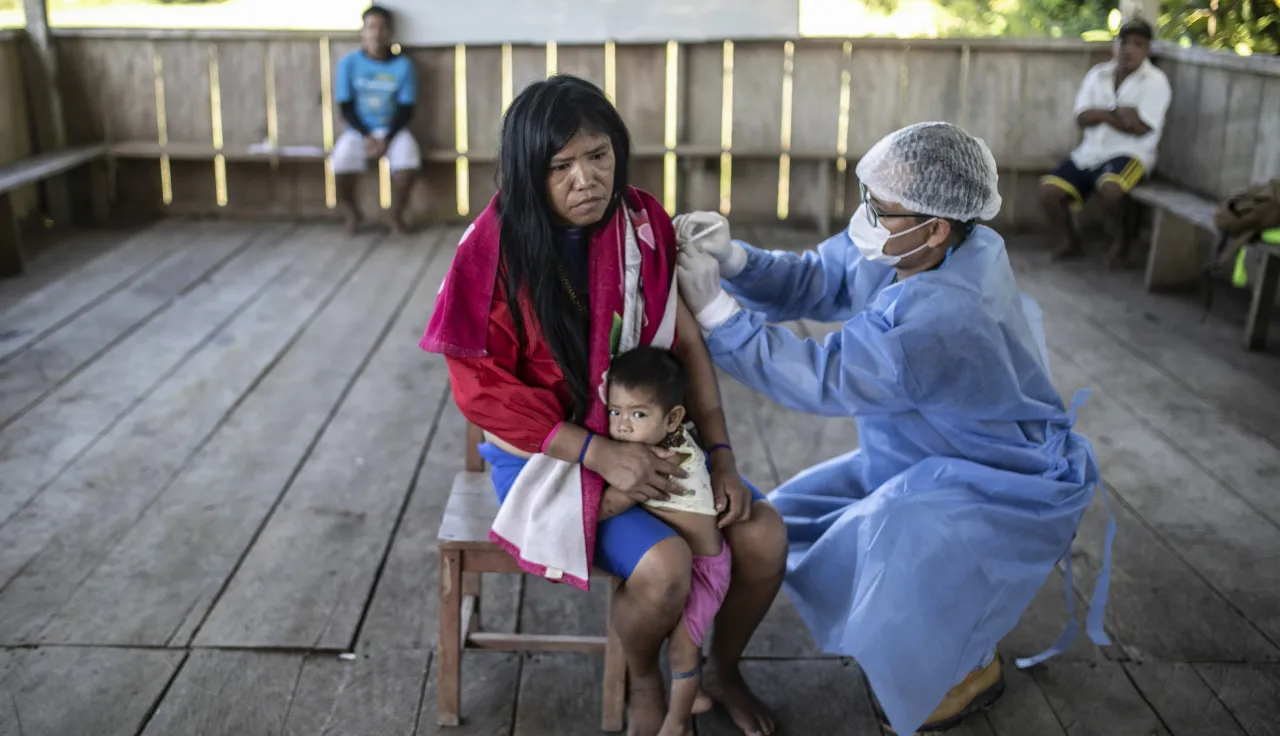ICRC President makes four calls for greater equity in vaccine distribution in conflict settings

Speech given by Mr Peter Maurer, President of the International Committee of the Red Cross
PGA - High-Level Thematic Debate “Galvanising Momentum for Universal Vaccination”
Excellencies, Ladies and Gentlemen
Every day ICRC bears witness to appalling human suffering in countries such as Yemen, Afghanistan, Somalia and Syria, where health systems have been crippled by years of conflict.
There is a clear imperative for greater equity in vaccine distribution, but the moral argument alone will not lead to action. We must also take practical steps that respond to the distinctive challenges in conflict settings. Today, I bring four calls to the international community:
One: COVID-19 vaccinations cannot be a standalone goal. The international community needs to take a differentiated approach and work with health authorities to ensure vaccination is one element of a broader health strategy which responds to the reality of peoples' health needs and priorities.
Additionally, vaccine delivery in last-mile areas will never be successful unless we invest in the wider health care systems. In conflict zones, COVID-19 falls at the end of a long line of challenges: shortfalls in health workers and medicines; and malaria, measles and tuberculosis epidemics.
This means health systems, weakened by conflict and years of underinvestment, need enhanced support with the basics such as medicines, clean water and sanitation.
My second call: In strengthening health systems, preparedness is paramount. To safeguard the future, we call for investment in preventative healthcare and communicable disease programmes.
This means investing now in the six building blocks of health systems – particularly Health Workforce and Service Delivery. Preventative investments are value for money and will pay dividends in the long run in increasing access to healthcare.
Thirdly, vaccines must also reach millions of people in last-mile areas who risk being overlooked in vaccination efforts.
This includes the 60-80 million people the ICRC estimates are living in areas under the control of non-state armed groups. The ICRC is in contact with nearly 500 armed groups worldwide and is ready to use those relationships to secure peoples' access to COVID-19 vaccines, regardless of what side of the frontline they live on.
Fourth, health workers are our first and last lines of defence. We also call on all parties to conflict to respect international humanitarian law and to protect health workers and protect people seeking vaccinations.
Dear colleagues
The ICRC with the International Red Cross Red Crescent Movement will continue in 192 countries to support governments' efforts to limit the spread of the virus and to deliver vaccinations. In parallel, we are supporting the underlying structures and essential services in conflict zones – ensuring people have access to medical care and clean water and sanitation.
Thank you.



